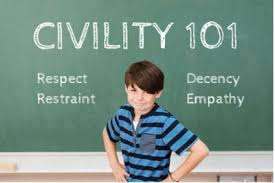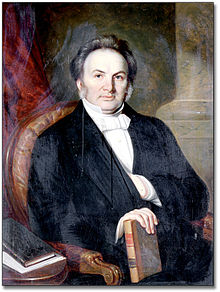Most of my friends are teachers. My wife teaches grade 7 and 8. I feel that I am a strong advocate for teachers and I did whatever I could for the teachers I worked with while I was an administrator at four elementary schools over a twelve-year period.
I feel I need to put this right out in front when writing about the topic of hiring and seniority.
I know this is a very thorny issue, especially in Ontario where government regulations have restricted who school boards can hire based on seniority. I am taking part in a debate on Voiced Radio this morning on this topic, so I am using my blog today to prepare for this session.
While I write, I am also checking out a Twitter conversation on seniority and hiring. Here is one comment that gets to the point – a hard thing to do using Twitter!
As an outsider, I can’t help but feel there should be a middle ground. I’m instinctively uncomfortable with the idea that you get hired because it’s your turn. But I also see scope for abuse in a free for all situation
The writer is not an educator, he is a concerned parent and he makes a great point. While the old way of hiring was open to abuse, do we really make things better by putting in place an arbitrary system that blindly imposes limitations on school board when it comes to hiring talented people?
School boards are terrified of teacher unions so there is no way to get around regulations that are negotiated between boards and the government. They know to do so risks legal action. So boards and more specifically principals follow the mandated hiring practices without criticism.
If I was still a principal I wouldn’t be writing this. Criticizing provincially mandated hiring practices, no matter how ill-considered is a really good way to get you sanctioned by your employers.
If you have read my blog, you know that I have a big problem with large public institutions, school boards in particular. Unions are big organizations as well and while they do great things for their members, they are susceptible to the same foibles as school boards.
Unions sometime promote policies that are great for their membership without seeing how these policies do not serve students. In Ontario, they are now using seniority as a blunt instrument to protect their membership. It is blunt and blind. There is no guarantee that you are getting an excellent teacher when you rely on seniority to hire.
Excellence, however, is what we should be demanding from our education system. Our kids deserve it.
The obvious retort that I will be hearing soon will undoubtedly be – well what would you replace it with.
To this, I don’t have a good answer, but that is no reason to make seniority the main factor in deciding who gets to teach our children. Sure there were abuses in the past. People got hired who shouldn’t have. This was because the people who were doing the hiring were abusing the system. It was dishonest and wrong.
But, this is not a good enough reason for developing a policy that is also wrong and protects a particularly privileged group of people.
We need excellent educators and excellent administrators who do not abuse the system. Maybe we get the system we deserve, but I have to argue we could do so much better than this.


















